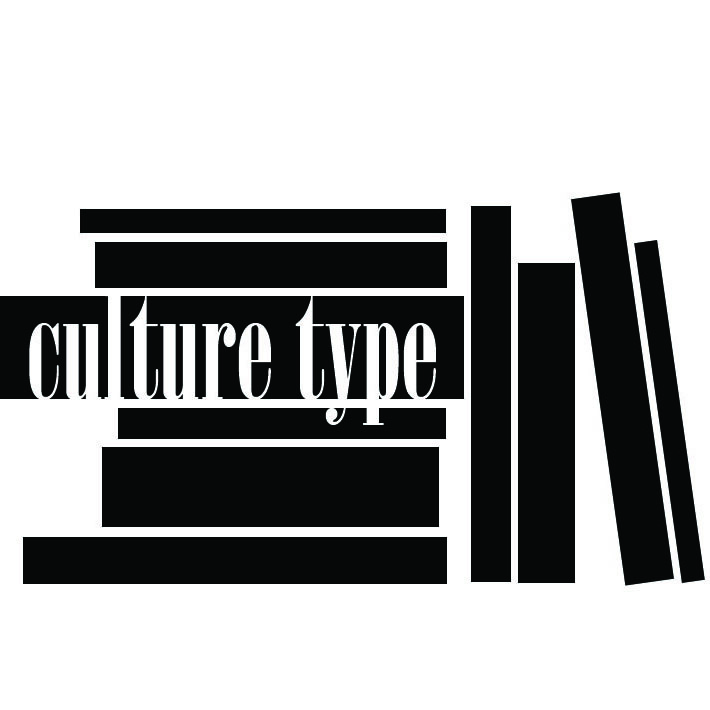THE SEATTLE ART MUSEUM is presenting an ongoing series of self-portraits by South African photographer Zanele Muholi. Opening July 10, “Somnyama Ngonyama, Hail the Dark Lioness” features 76 black-and-white portraits and large-scale photographic wall papers. The series reimagines so-called classic portraiture and re-articulates notions of race, representation, and identity.
Muholi’s own face and body serve as a canvas. Visually, the striking images are studies in contrast, juxtaposing dark and light. In terms of style, fashion photography comes to mind. The artist also capitalizes on some of the stereotypical tropes of ethnographic imagery. Substantively, the portraits challenge the politics of identity and raise critical social justice and human rights issues.

ZANELE MUHOLI, “Julile I, Parktown, Johannesburg,” 2016. | © Zanele Muholi. Courtesy of Stevenson, Cape Town/Johannesburg and Yancey Richardson, New York
The artist, who prefers the gender-neutral pronouns they/them, adopts various archetypes and personas in the images, accessorizing with props and objects to reflect their personal experiences and certain cultural and historic narratives.
Muholi lies naked on a bed of inflated plastic bags representing the large uterine fibroids they had removed in 2016. A dramatic, life-threatening experience, the artist lost a lot of blood and stopped working for a few months while recovering from the operation. In another portrait, Muholi is laden with a bevy of tubes. The depiction raises the issue of medical apartheid in which those with fewer resources are unable to access the kind of medical care the artist received because they can’t afford it.
For a portrait paying homage to their mother, who was employed as a domestic worker, the artist dons a crown and earrings made from clothes pins. Wearing a miner’s helmet and goggles, Muholi references the 2012 Marikana massacre, to preserve the memory of the 34 South African miners killed by police while striking for better pay and working conditions at a platinum mine.
Muholi is a self-described visual activist. The artist came to international attention for their documentary-style portraits of South African LGBTQ and gender-nonconfirming individuals. They took their first self portrait in 2012 and didn’t return to themself as a subject again until 2014. With the ongoing series Somnyama Ngonyama (which translates from the artist’s native Zulu to Hail the Dark Lioness), the artist’s work entered another realm—visually and politically.
Curated by Renée Mussai, the exhibition was Muholi’s first solo show in London, where it was organized by Autograph and first presented in 2017. The exhibition made its U.S. debut last year at the Spelman College Museum of Fine Art. In the fully illustrated volume published to document the project, Mussai conducts a conversation with the artist. She asks Muholi what the self portraits represent, suggesting they “offer a repertoire of resistance.”
In response, Muholi says in part: “…Somnyama is not only about beautiful photographs, as such, but also about bringing forth political statements. The series touches on beauty and relates to historical incidents, giving affirmation to those who doubt whenever they speak to themselves, whenever they look in the mirror, to say ‘You are worthy. You count. Nobody has the right to undermine you—because of your being, because of your race, because of your gender expression, because of your sexuality, because of all that you are.'” CT
FIND MORE about Zanele Muholi in a profile published by The Guardian

ZANELE MUHOLI, “Ntozakhe II, Parktown,” 2016. | © Zanele Muholi. Courtesy of Stevenson, Cape Town/Johannesburg and Yancey Richardson, New York

ZANELE MUHOLI, “Bester I, Mayotte,” 2015. | © Zanele Muholi. Courtesy of Stevenson, Cape Town/Johannesburg and Yancey Richardson, New York

ZANELE MUHOLI, “Bona, Charlottesville,” 2015. | © Zanele Muholi. Courtesy of Stevenson, Cape Town/Johannesburg and Yancey Richardson, New York

ZANELE MUHOLI, “Bester VII, Newington Green, London,” 2017. | © Zanele Muholi. Courtesy of Stevenson, Cape Town/Johannesburg and Yancey Richardson, New York

ZANELE MUHOLI, “MaID II, Atlanta,” 2017 © Zanele Muholi. Courtesy of Stevenson, Cape Town/Johannesburg and Yancey Richardson, New York

ZANELE MUHOLI, “Bayephi III, Constitution Hill, Johannesburg,” 2017. | © Zanele
Muholi. Courtesy of Autograph ABP, London

ZANELE MUHOLI, “Hlonipha, Cassilhaus, Chapel Hill, North Carolina,” 2016. | © Zanele Muholi. Courtesy of Stevenson, Cape Town/Johannesburg and Yancey Richardson, New York

ZANELE MUHOLI, “ZaKi, Kyoto, Japan,” 2017. | © Zanele Muholi. Courtesy of Autograph ABP, London

ZANELE MUHOLI, “Sebenzile, Parktown,” 2016. © Zanele Muholi. Courtesy of Stevenson, Cape Town/Johannesburg and Yancey Richardson, New York

ZANELE MUHOLI, “Kwanele, Parktown,” 2016. | © Zanele Muholi. Courtesy of Stevenson, Cape Town/Johannesburg and Yancey Richardson, New York

ZANELE MUHOLI, “Somnyama Ngonyama II, Oslo,” 2015. | © Zanele Muholi. Courtesy of Stevenson, Cape Town/Johannesburg and Yancey Richardson, New York
BOOKSHELF
Aperture published “Zanele Muholi: Somnyama Ngonyama, Hail the Dark Lioness,” a fully illustrated monograph documenting the artist’s ongoing self-portrait project. The volume is featured on Culture Type’s Best Black Art Books of 2018 list. The artist’s work is also explored in “Zanele Muholi (Fotografas Africanas / African Women Photographers),” “Faces and Phases: Zanele Muholi,” and “Zanele Muholi: Faces and Phases 2006-2014.”






















